Consciousness
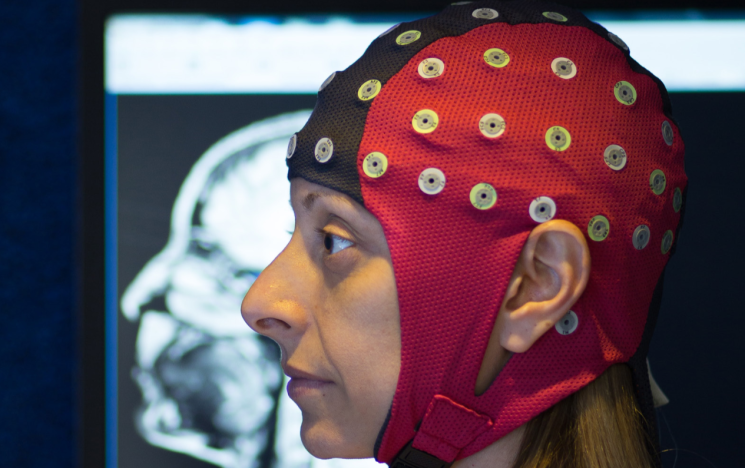
Consciousness is at once the most familiar, and most mysterious, phenomenon we know of. Understanding the brain basis of conscious experience is one of the greatest challenges for science in this century. Anil SeTh
Prof of Cognitive and Computational Neuroscience
In the AI group we investigate consciousness using a number of different approaches. Most relevant to AI, we build computational models that aim to explain subjective properties of experience in terms of neural mechanisms (what we call ‘computational phenomenology’). We also develop innovative analysis methods based on information theory to derive ‘measures’ of consciousness, and to understand how information flow in the brain relates to conscious perception. Other approaches utilize virtual and augmented reality (VR/AR) to investigate more ‘real world’ conscious perception, and in particular to understand how perceptions of the body and the self are formed. Overall, our research draws on a wide range of disciplines from philosophy to mathematics to cognitive neuroscience, generating new insights into one of our oldest problems.
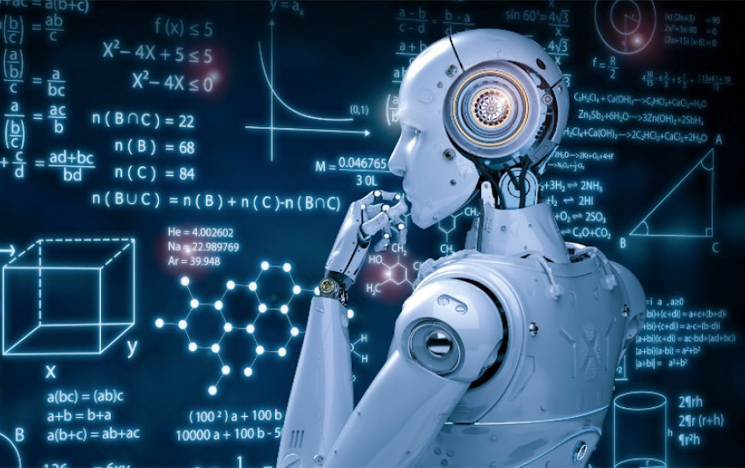
Conscious Experience and Psychophysics

Information Dynamics and Causality
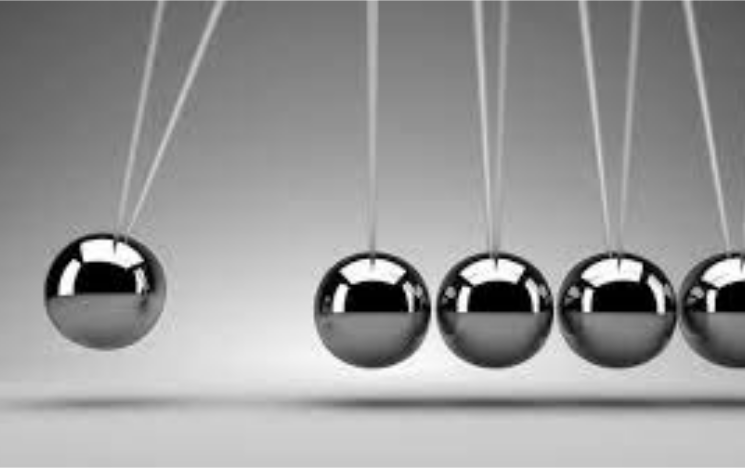
Free Energy Principle and Predictive Coding
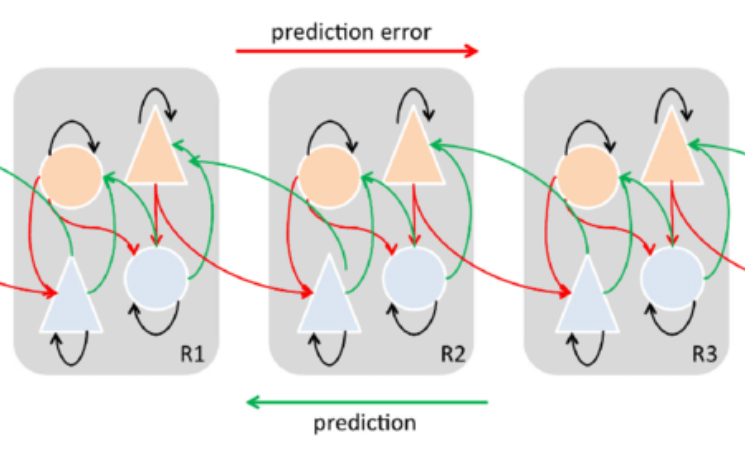
Focus on: Dr Warrick Roseboom
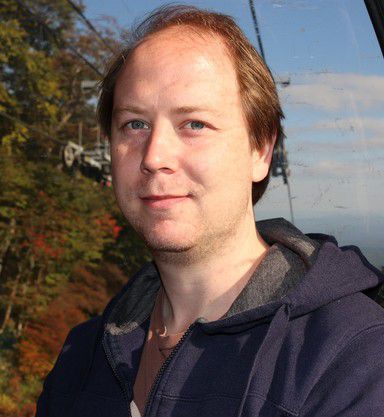
I am interested in how humans construct their perceptual experience, particularly how they experience temporal aspects of the world. In the Time Perception Research lab, within the AI Research Group, we primarily investigate how humans experience time in natural contexts and how this links to episodic memory formation and recall. We are also interested in experienced causality, particularly from the view of the feeling of agency. We use a variety of experimental and modelling approaches, based around human psychophysics, neuroimaging, and computational models of perception and cognition.
I arrived at Sussex in 2015, to work on the TIMESTORM project, attempting to build models of human time perception to inform development of robotic systems that interact naturally with humans. Before this, I worked in the Communication Science Labs at NTT in Japan where I primarily researched the nature and limits of adaptive human audiovisual perception.
Currently, my work is focused on developing comprehensive models of human time and episodic memory perception, informed by our work on human temporal experience and the underlying neural processes, utilising a combination of machine learning, human psychophysics, and neuroimaging. We hope to develop these models into tools with potential applications in digital memory augmentation, particularly in cases where biological memory function is impaired, such as in Alzheimer’s disease or brain injury.